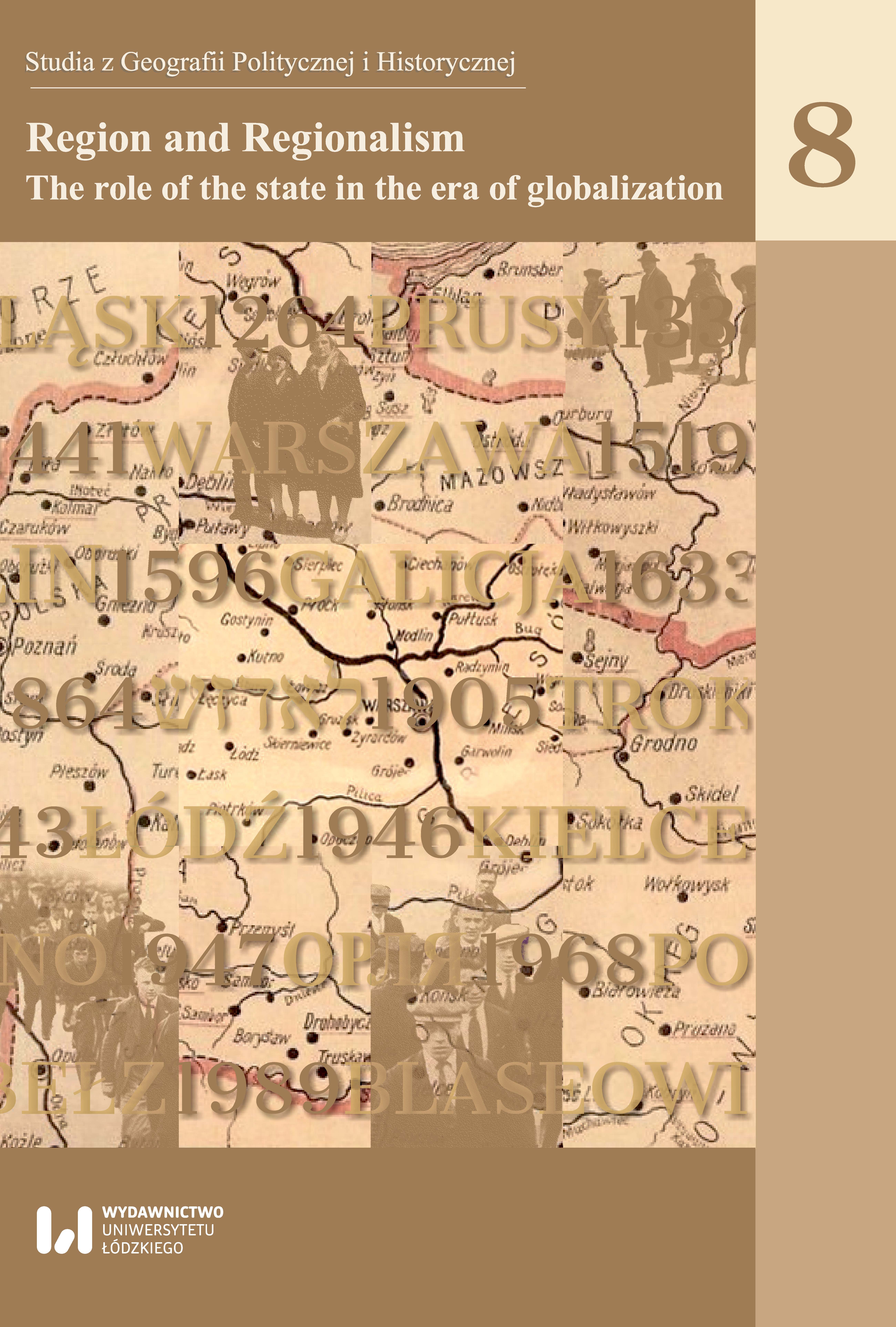Państwo – konieczność albo wróg?
DOI:
https://doi.org/10.18778/2300-0562.08.02Słowa kluczowe:
historia, Hobbes, Locke, Ludwig von Mises, Nock, ograniczenie, państwo, Polska, SpencerAbstrakt
Artykuł przedstawia państwo z historycznego i analitycznego punktu widzenia. Jeśli chodzi o historię, mamy tu dwa rozwiązania. W tekście zostały określone jako rozwiązanie metafizyczne i kontraktowe. Rozwiązanie metafizyczne cechuje epokę przednowożytną. Tutaj punktem centralnym jest pogląd Arystotelesa, iż zasada społeczna zawarta jest w ludzkiej naturze. Na tej zasadzie zbudowane jest państwo. Podejście kontraktowe charakteryzuje epokę nowożytną – państwo powstaje jako efekt negocjacji. Historycznie rzecz ujmując, powstało wiele propozycji formy państwa: od przerośniętej instytucji do jej bardzo zubożonej formy. Autor proponuje skromne podejście do rozumienia państwa: jest potrzebne dla zdrowia społecznej wspólnoty. Jednakże warunkiem tego zdrowia jest państwo ograniczone, które pozostawia dużo przestrzeni dla rozwoju społeczeństwa i ważnych społecznych relacji.
Bibliografia
Acton J.E, 1955, Essays on Freedom and Power, New York.
Google Scholar
Bastiat F., 1975, The State, [in:] Selected Essays on Political Economy, trans. from the French by S. Cain (edited by G.B. de Huszar), Irvington-On-Hudson: The Foundation for Economic Education, Inc.: 140–151.
Google Scholar
Bell J., 2001, The Political Economy of Reform in Post-Communist Poland, Cheltenham: Edward Elgar Publishing Limited.
Google Scholar
Etzioni A., 1971, The Active Society. A Theory of Societal and Political Processes, The Free Press, New York.
Google Scholar
Kalyvas A., Katznelson I., 2008, Liberal Beginnings. Making a Republic for the Moderns, Cambridge University Press.
Google Scholar
DOI: https://doi.org/10.1017/CBO9780511790782
Krastev I., 2017, After Europe, University of Pennsylvania Press, Philadelphia.
Google Scholar
DOI: https://doi.org/10.9783/9780812294262
Ludwikowski R.R., 1991, Continuity and Change in Poland. Conservatism in Polish Political Thought, The Catholic University of America Press, Washington, D.C.
Google Scholar
Mises L. von, 1966, Human Action. A Treatise on Economics, Contemporary Books, Inc., Chicago.
Google Scholar
Mises L. von, 1985, Omnipotent Government. The Rise of the Total State and Total War, Libertarian Press, Inc., Spring Mills.
Google Scholar
Nock A.J., 1989, Our Enemy, the State, A Free Life Editions Book, New York.
Google Scholar
Oppenheimer F., 1997, The State, trans. J. Gitterman, Fox & Wilkes, San Francisco.
Google Scholar
Ray J.L., 1990, Global Politics, Houghton Mifflin Company, Boston.
Google Scholar
Rose W.J., 1944, The Rise of Polish Democracy, G. Bell & Sons, LTD, London.
Google Scholar
Rummel R.J., 1997, Power Kills. Democracy as a Method of Nonviolence, Translation Publishers, New Brunswick.
Google Scholar
Spencer H., 1982, The Man versus the State. With Six Essays on Government, Society, and Freedom, Liberty Classics, Indianapolis.
Google Scholar
Woodall J. (ed.), 1982, Policy and Politics in Contemporary Poland, Frances Pinter (Publishers), London.
Google Scholar
Pobrania
Opublikowane
Jak cytować
Numer
Dział
Licencja

Utwór dostępny jest na licencji Creative Commons Uznanie autorstwa – Użycie niekomercyjne – Bez utworów zależnych 4.0 Międzynarodowe.








